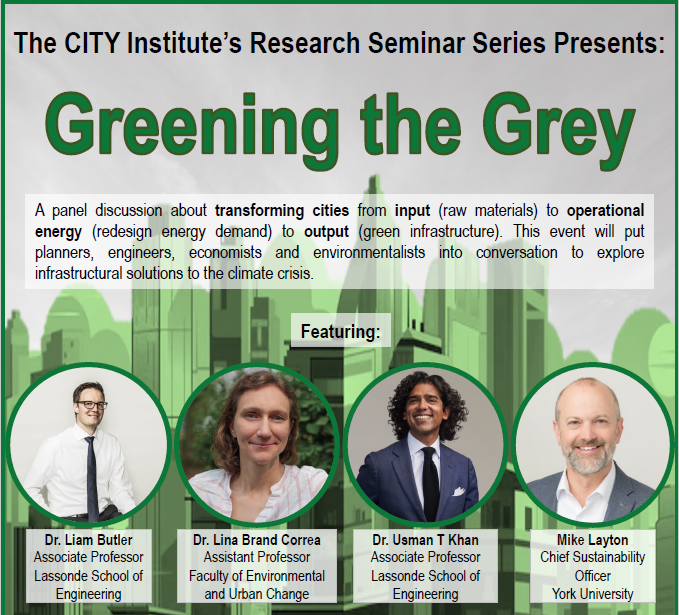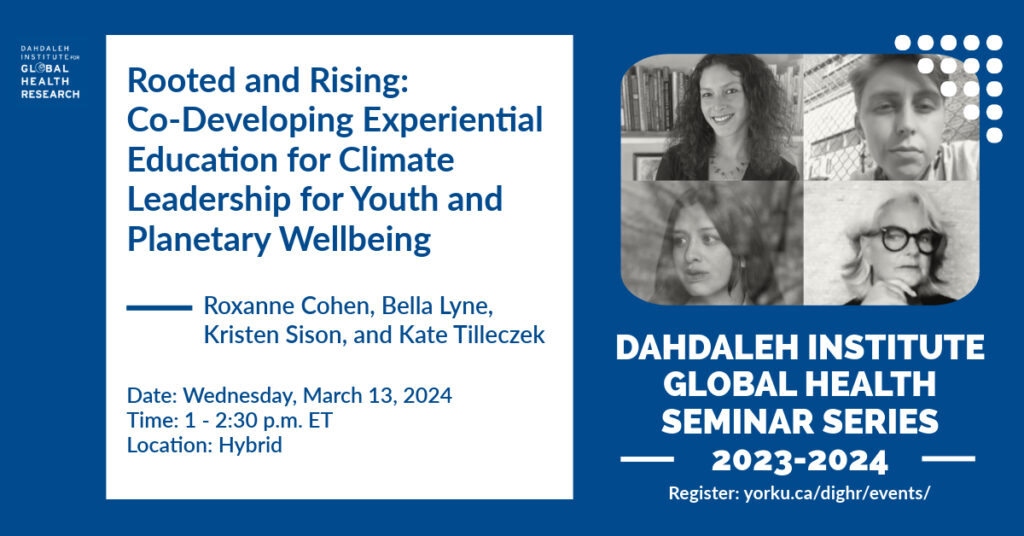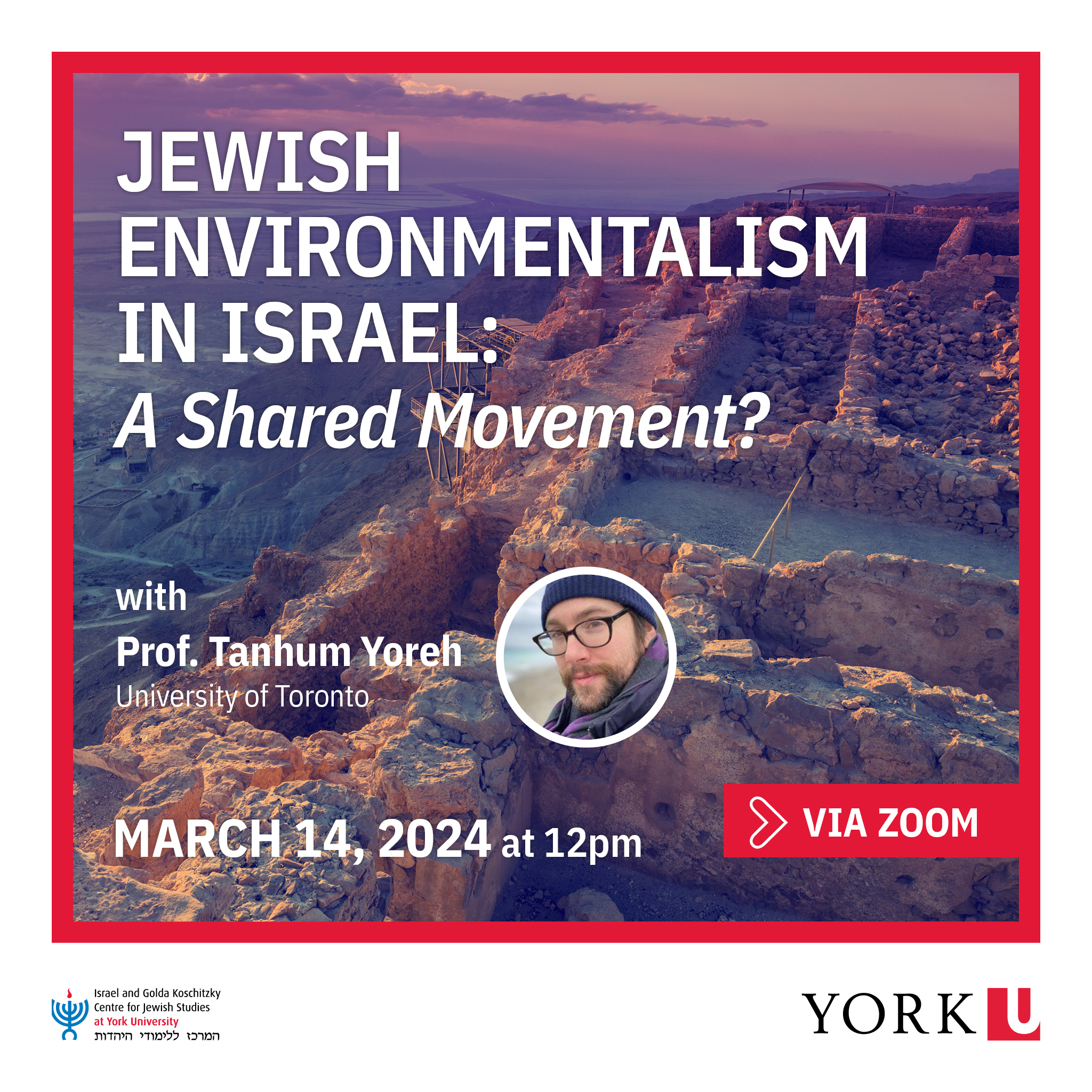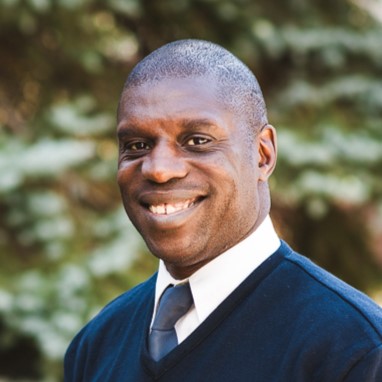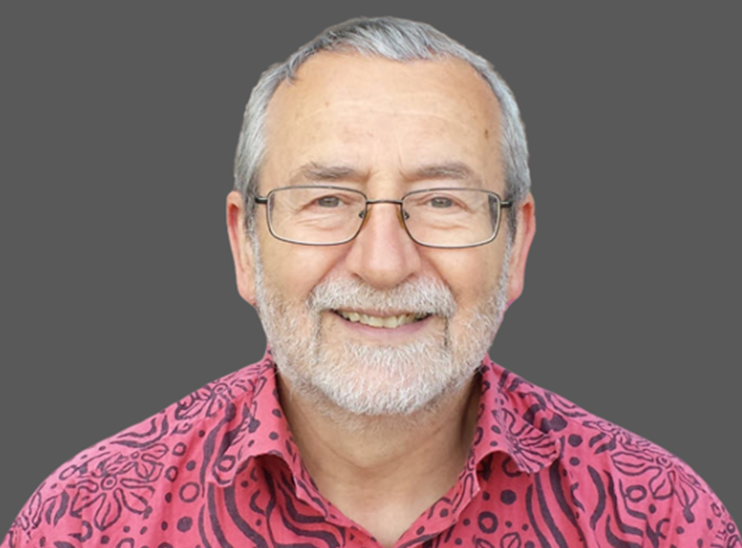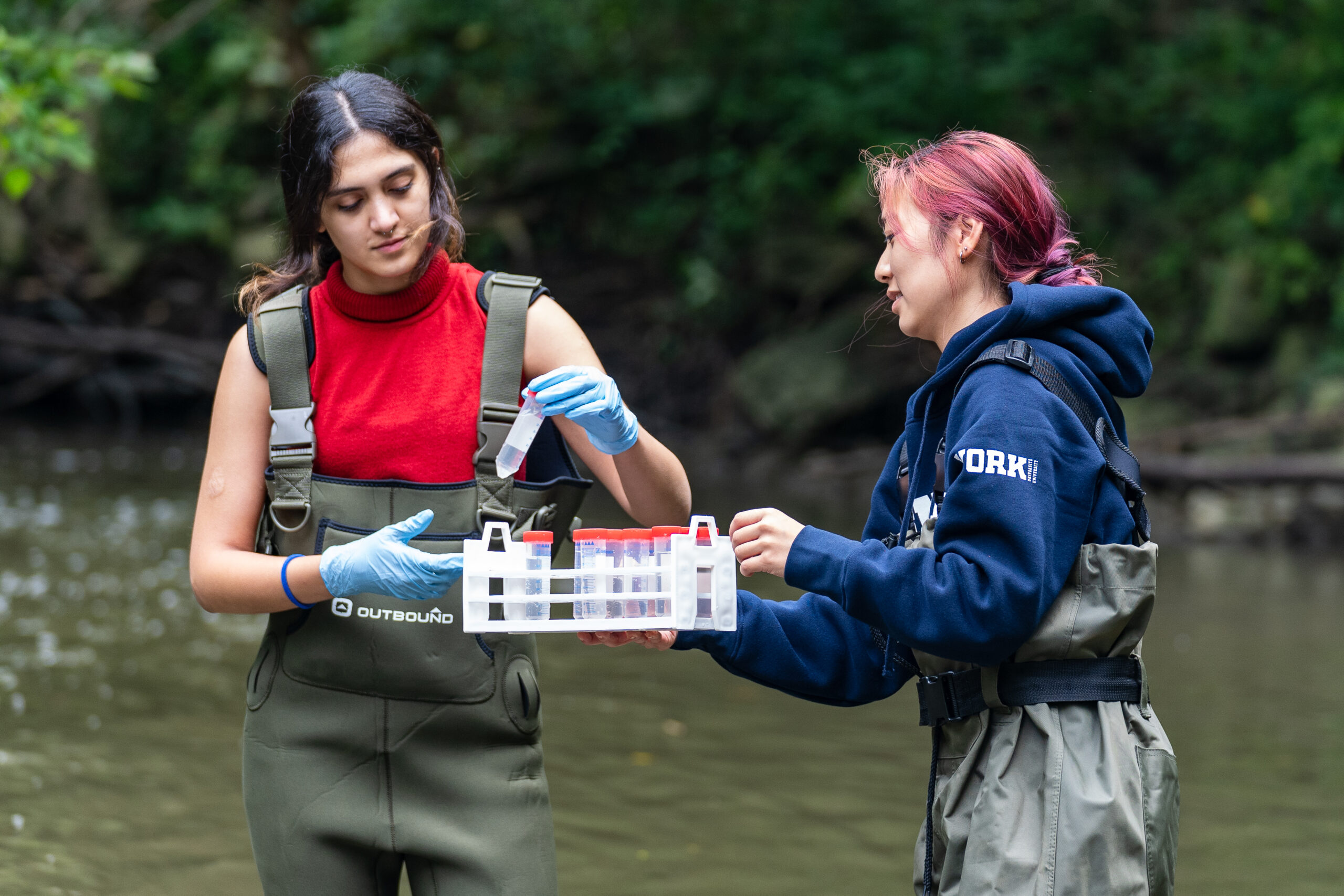
In March 2024, York University’s Organized Research Units (ORUs) host the third annual Climate Change Research Month with a series of events aimed at generating awareness of climate change research and mobilizing the campus community to take action.
Climate Change Research Month supports the University’s commitment to climate change action through the United Nations Sustainable Development Goals.
Throughout the month, a wide range of activities, including seminars, workshops, panel discussions and more, will take place both in-person and virtually, offering opportunities for meaningful engagement and dialogue.
Make sure to visit this page regularly to stay up-to-date with the latest information about upcoming events.
Events
Share the event on social media and retweet @YUResearch with the hashtag #YUResearch #YorkUSDGs.
Event Submission
You can submit your event for this year’s Climate Change Research Month
Climate Change Research
Fighting Climate Change: From the Global to the Individual and Back Again (2024)
Indigenous Sovereignty, Climate Justice and Water Protectors
Climate Change and Joyful Possibility
The Planetary Health Advocacy Framework and the Importance of Dialogue
Plan a CCRM at your institution
You can start a Climate Change Research Month event in your own institution. York offers a step-by-step guide to support you in your journey.
What are Organized Research Units (ORUs)
Organized Research Units are centres of research excellence at York University. ORUs bring together experts from across all Faculties to conduct interdisciplinary and collaborative research on critical issues.


